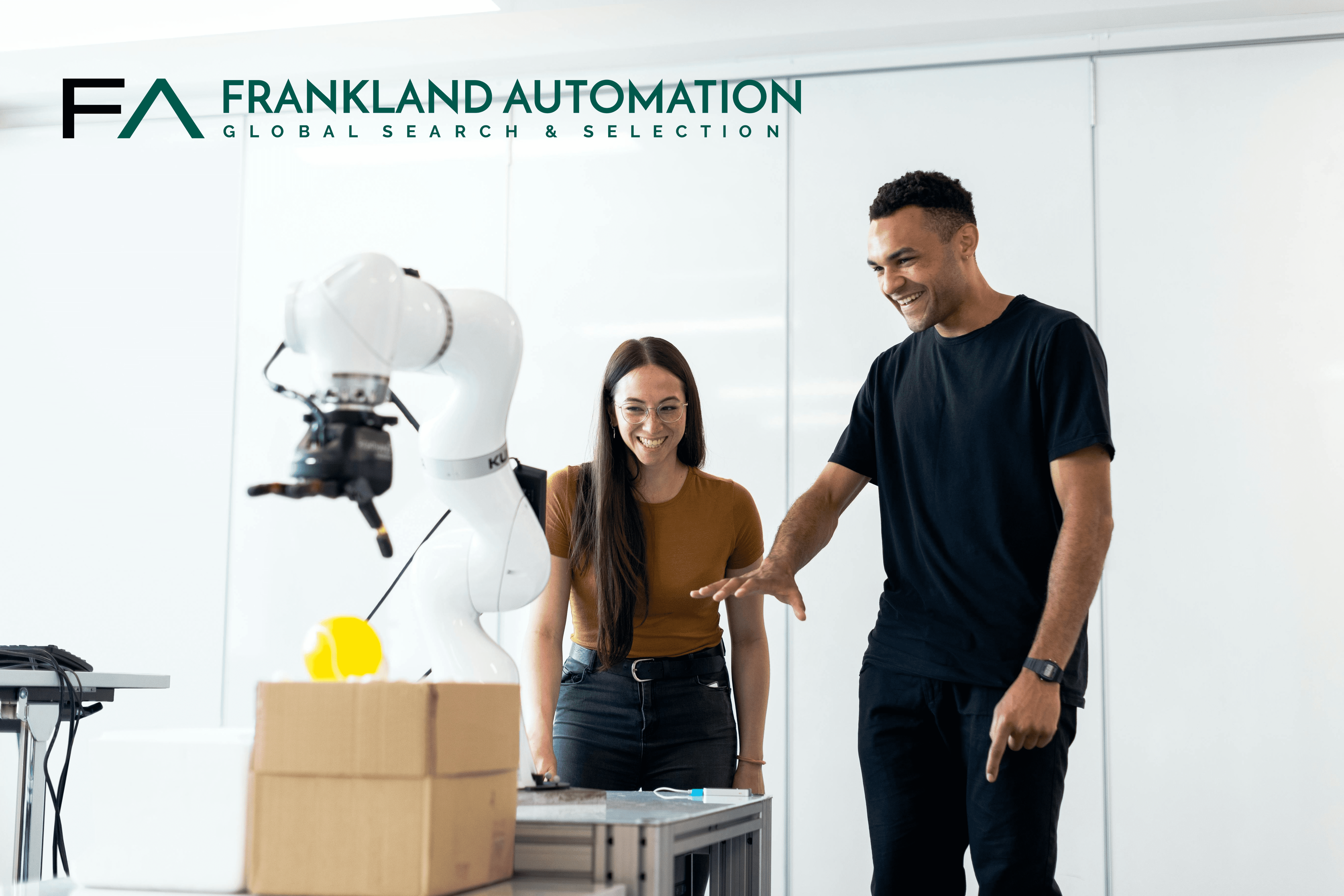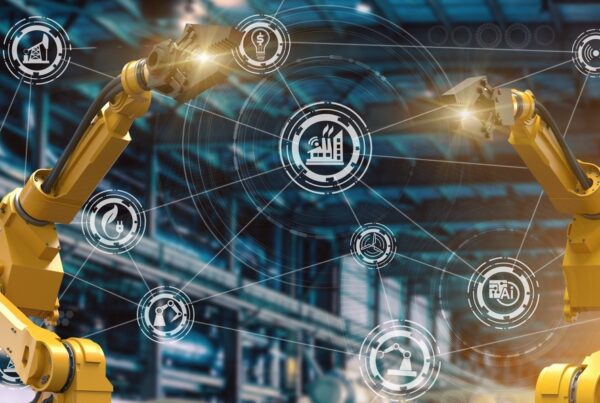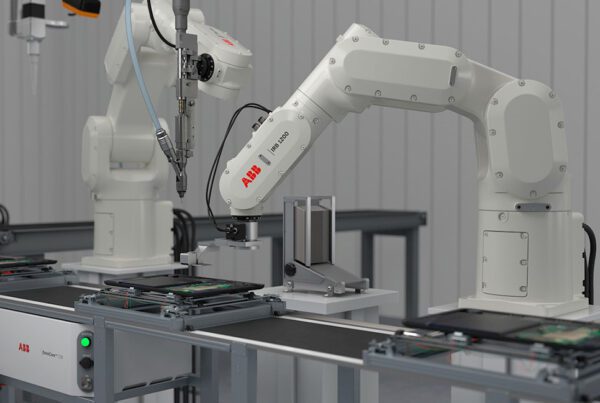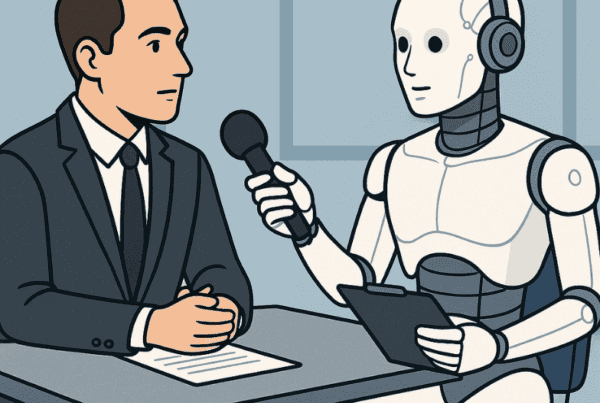The buzz around Artificial Intelligence (AI), automation, and robotics is constant in the manufacturing industry. It’s not uncommon to hear discussions about these technologies heralding either a revolutionary era or merely hyped-up expectations. So, where does the truth lie? Let’s delve into the intricacies of AI’s role in our industries and its implications for the future.
At the heart of the matter lies the undeniable fact: there’s no shortage of jobs, but skilled workers are scarce. Herein enters AI-enabled robots and automation, not as adversaries but as indispensable aides. They seamlessly execute routine and repetitive tasks, freeing human resources to focus on tasks that necessitate creativity, critical thinking, and emotional intelligence. AI doesn’t replace human workers; rather, it enhances their capabilities, leading to more meaningful and fulfilling work experiences.
The amalgamation of AI-enabled robotics and automation is a linchpin for fortifying economic prosperity. By streamlining operations, optimizing processes, and augmenting productivity, these technologies pave the way for sustainable growth and competitiveness in a rapidly evolving global marketplace. However, the successful integration of AI demands a culture that fosters experimentation and embraces failure as a stepping stone towards innovation.
Herein lies the importance of regulation—a double-edged sword that must strike a delicate balance. Effective regulation is indispensable for safeguarding citizens’ rights, ensuring ethical AI deployment, and mitigating potential risks associated with automation. Yet, regulatory frameworks should refrain from stifling industrial innovation or impeding the agility required to adapt to dynamic market dynamics.
In essence, the narrative surrounding AI oscillates between the poles of revolution and hype. While it undoubtedly holds the potential to redefine industries and reshape societal norms, its transformative power hinges on how we harness and regulate it. Those who embrace AI stand to gain a competitive edge, leveraging its capabilities to unlock new efficiency, innovation, and growth frontiers.
However, it’s imperative to acknowledge that AI isn’t a fix for all our woes. Its efficacy depends on how effectively we navigate the ethical, societal, and economic implications inherent in its adoption. As stewards of this transformative technology, we bear the responsibility to steer its trajectory towards a future that’s equitable, sustainable, and conducive to human flourishing.
In conclusion, AI isn’t merely a buzzword or a passing fad—it’s a seismic force reshaping the contours of our industries and redefining the very fabric of our society. Embracing AI isn’t just a choice; it’s an imperative for survival and prosperity in an increasingly digitized world. The future belongs to those who dare to innovate, adapt, and harness the power of AI to propel humanity towards greater heights of progress and prosperity. Let us embrace this technological revolution with open arms, aware of its potential and mindful of its perils, as we embark on a journey towards a future shaped by human ingenuity and artificial intelligence.



